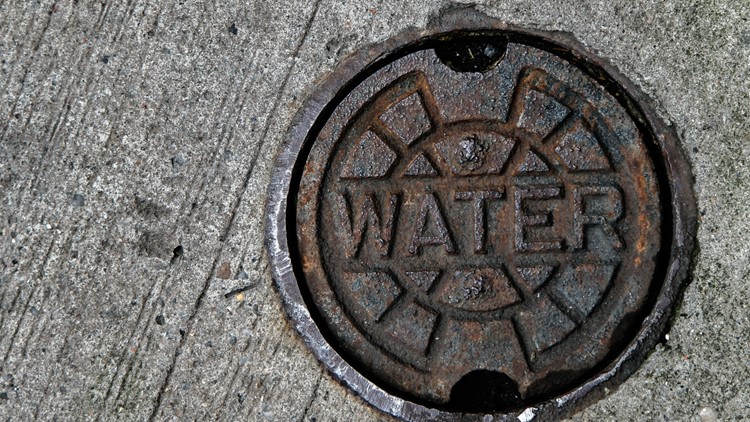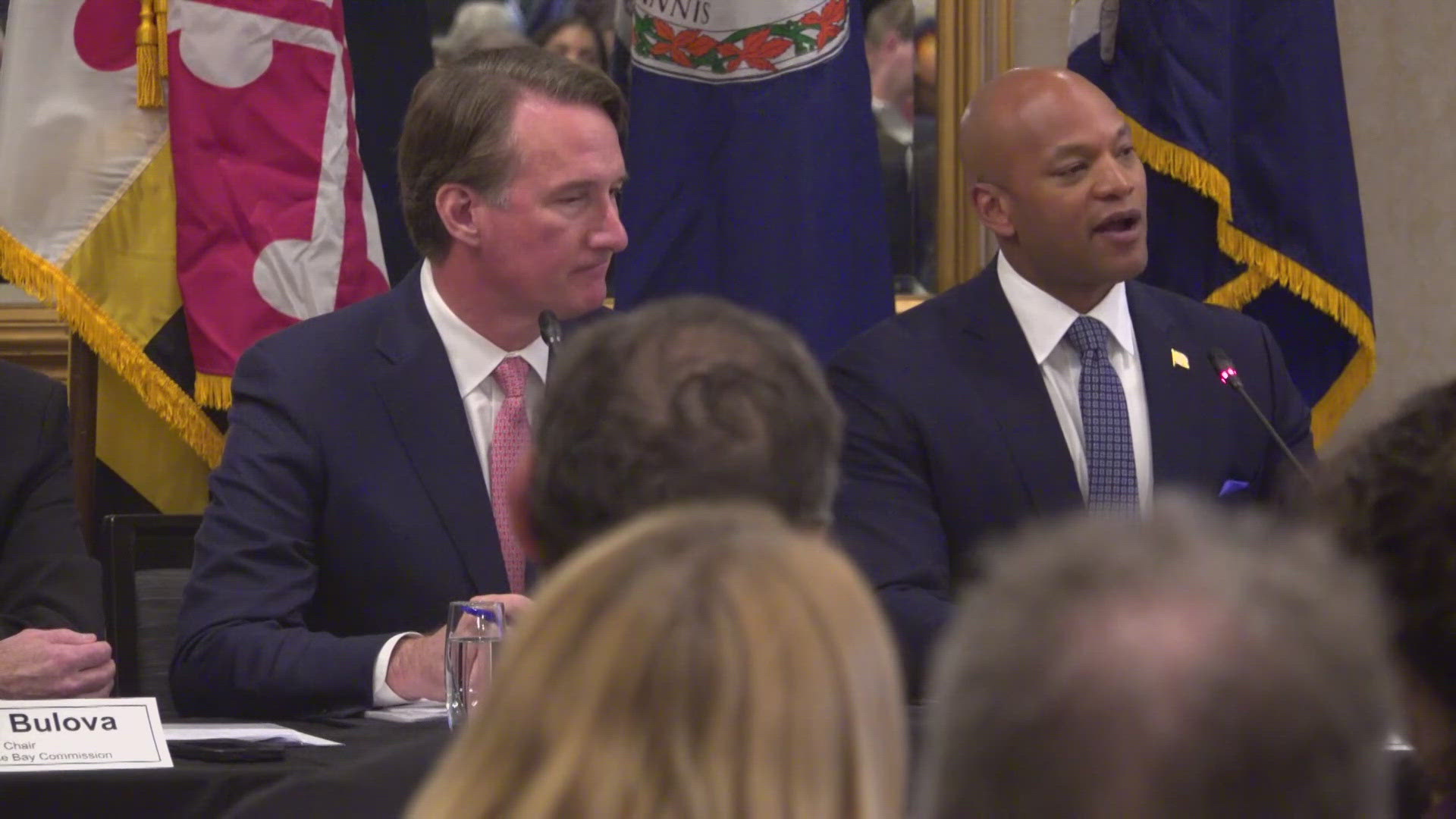WASHINGTON — A new study is underway to find a water supply in the D.C. area that is not the Potomac River. The U.S. Army Corps of Engineers announced an agreement with the Metropolitan Washington Council of Governments to conduct the study on Wednesday.
The Washington D.C. Metropolitan Area Backup Water Supply Feasibility Study is aimed at developing coordinated and implementable solutions that ensure abundant water supply, including the identification of a secondary water source and additional water storage in the DMV.
The three-year, $3 million study, which received funding the Energy and Water Appropriations Bill, will help Army Engineers consider backup water supplies for the Washington Aqueduct. The Aqueduct produces an average of 150 million gallons of water per day at their two treatment plants in the District. The Aqueduct serves about a million citizens in the nation's capital.
Currently, the Aqueduct collects, purifies and pumps drinking water from a sole source – the Potomac River – for its three wholesale customers: DC Water, Arlington County and Fairfax Water. Most major cities have more than one water source to ensure continual production of water, Army Engineers said.
“We currently have about 24 to 48 hours of water supply available, should the Potomac River become unavailable due to contamination or any other reason,” said Washington Aqueduct General Manager Rudy Chow. “We are very mindful of this vulnerability and the security risks involved."
In a recent report, the Interstate Commission on the Potomac River Basin warned of dire consequences in the event of a disruption. Infrastructure failures or natural disasters in Washington’s water supply could result in a loss of $15 billion in gross regional product (GRP) and hundreds of millions in tax losses, the report said.
“For nearly 170 years, the Washington Aqueduct has been committed to executing its critical mission to produce safe, reliable, and high-quality drinking water for approximately one million citizens living, working, or visiting the National Capital Region,” said Baltimore District Commander Col. Francis Pera. “Every action we take is focused on upholding our mission, and this feasibility study will support necessary steps towards increased water resiliency standards that will ensure we can continue to deliver on our exceptional record well into the future.”



